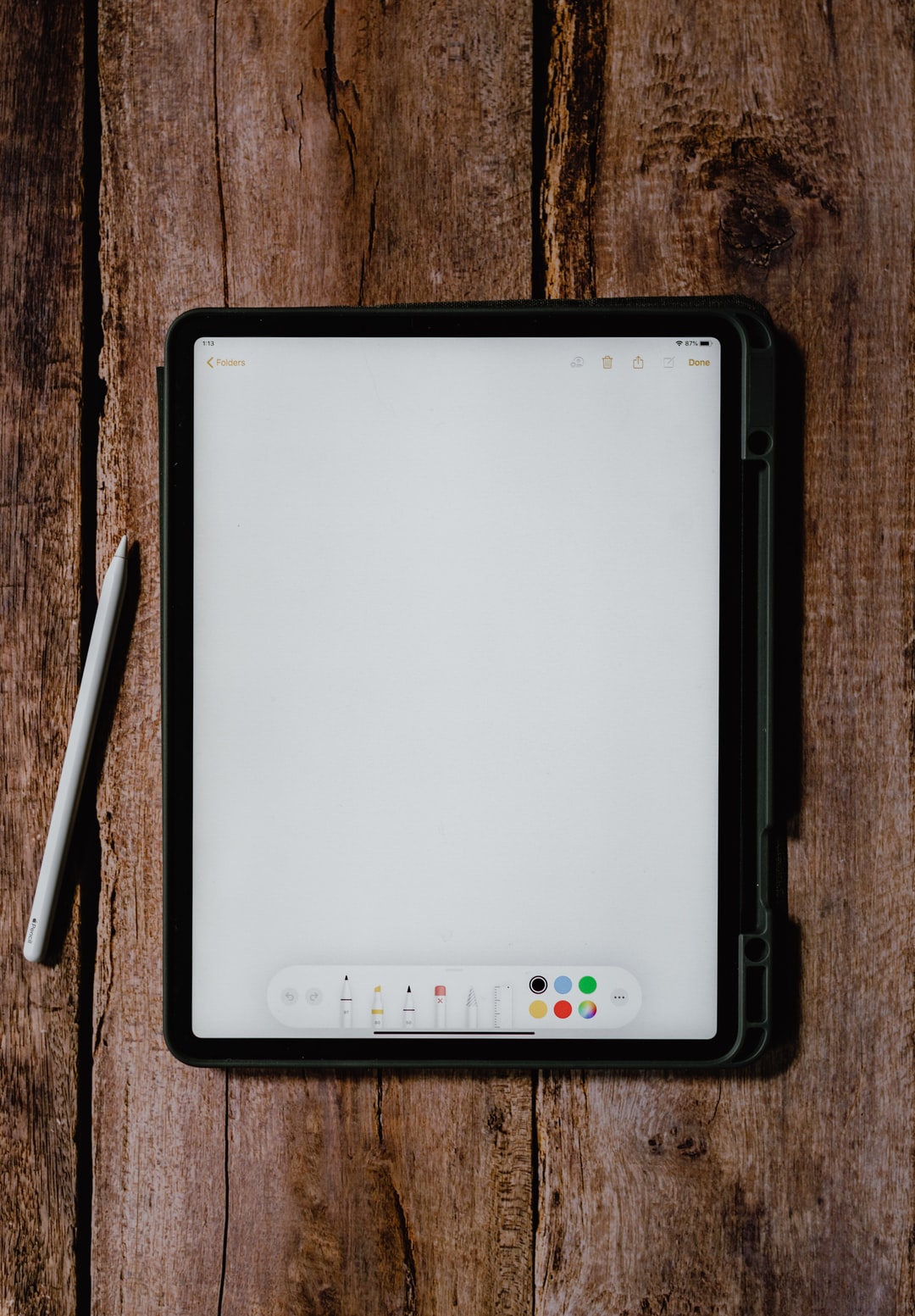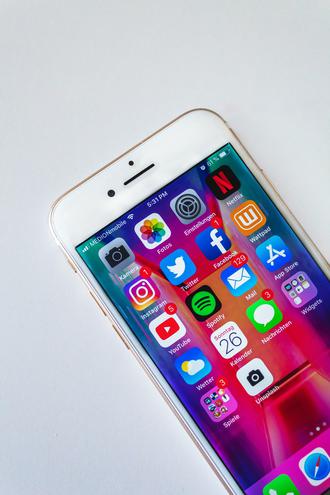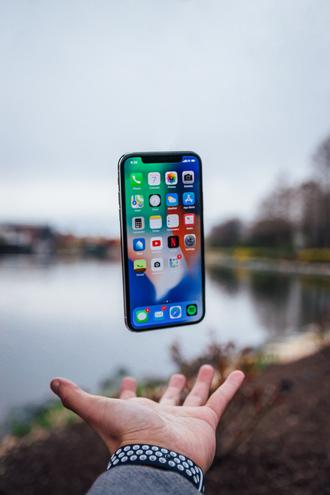Information Excess


Information Excess
The world is not only within our reach but it has come to stay in our palm. Improvements in technology saw the transition of pagers to mobiles and graduation of ordinary mobiles to smartphones was yet again a mile stone. In India, ‘Doordarshan’ and metro channels paved way to their modern cousins - the satellite channels. All these ensured instant news, cutting across geographical barriers with high quality audio and videos to stream in realtime to the users. All these developments came with a complicated guest in disguise, of course. And this was the ‘information overload’.
The news which was once available in papers, which were assimilated normally, became an excitement with multiple channels repeating the same news - sometime with distorted versions. The excitement in no time turned euphoria; and euphoria turned into chaos in microseconds. The phenomenon is not restricted only to politics, which is the standard feed for a common man - it also broke into education, preparation for competitive examinations, plethora of online courses, lectures etc - the phenomena which were unheard of a couple of decades ago.
The new generation find it difficult to name capital cities - say for example, despite their access to the best of gadgets, while high standards were met by the predecessors around a couple of decades and earlier - with exposure to pens, typewriters and hard copies of news papers. Blame it on the curriculum, the information overload has equally not shown mercy with the teaching faculty as well. There is a rat race in finding information as the pedagogy is busy sending notes and exercises over mobiles to their students. Do not underestimate their enthusiasm to push their students to Google and yahoo for their excellence. Caught in the mire of seeking information at the fastest pace, today many are glued to electronic gadgets, which are in fact taking a toll on the health and sight of the readers.
Posture and ergonomics are other areas of concern in the chase for information and fulfillment of targets in offices. It has become inescapable to rely on computers and other social networks with easy access to cell phones. No amount of caution to hazards of electromagnetic waves and their environmental degradation could stop the gluttony of human search for information. A peculiar situation has come to consolidate in the society - what with even the government making the mandatory addition of mobile numbers of citizenry in their day-to-day interaction with government.
It was a usual question asked to someone who would behave with arrogance and insolent might - if they had grown horns. Nobody knows, whose prophesy it was but it has become true now. A recent study has revealed startling information that due to bad posture in viewing mobiles, horns are growing on young peoples’ skulls due to phone use. The study on bio mechanics of the subjects needs to be viewed in earnest to deter the use of cell phones not only by the younger lot but also the older people, who indulge in mobiles and computer systems.
The best solution would be to observe a global ‘No mobile Day’ officially announced by the United Nations. This should be a sequel to the ‘Earth Hour Movement’ that is observed every year by switching off non-essential power supplies for an hour. This occasion reduces warming of our planet earth and especially does a whole lot of good, when observed across the globe. March 28 was announced as the day for ‘Earth Hour Movement’ for the current year.
A similar occasion for time-off from mobiles may be the solution to detox ourselves from technology, which in turn would keep us in bliss - faraway from information overload. It would in fact be a real challenge, perhaps the world may come to a standstill on the day of observance but to have an encore of bliss, free from the clutches of excessive technology - I repeat, excessive technology - as I do not want to be termed a ‘naysayer’, the globe requires an experiment of this unthinkable dimension. Anything in excess is dangerous.
Venkat Ramamurthy has a Diploma in Freelance Journalism from ‘The Writers Bureau College of Journalism’, Manchester, U.K. The college has awarded him a ‘Gold Seal Diploma’ for published writer.
His maiden work ‘One Indian’s View of Diet: How Food Habits Can Make or Break a Person’ was published in ‘The Positive Health’ - a leading health magazine dealing with complementary health from Portsmouth, U.K.
His travel article Tranquebar - The Danish Connection’ can be viewed in http://www.worldpress.org in the Asia section.
He imparts English skills in a novel way at https://www.skillswithEnglish.com in which skills are imparted in five Indian languages. It’s a membership website on payment model.
He has a weblink http://www.gearbubble.com/soldierpride where mugs can be purchased by his followers.
He was a regular contributor to ooskanews, a global waternews report, headquartered at Virginia, USA.
His contact e-mail is [mailto:[email protected]][email protected]




 Never miss a story from us, subscribe to our newsletter
Never miss a story from us, subscribe to our newsletter
Comments